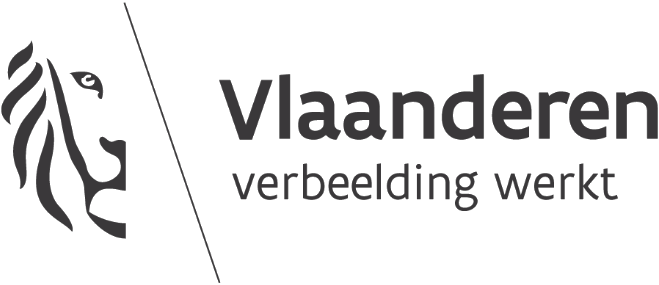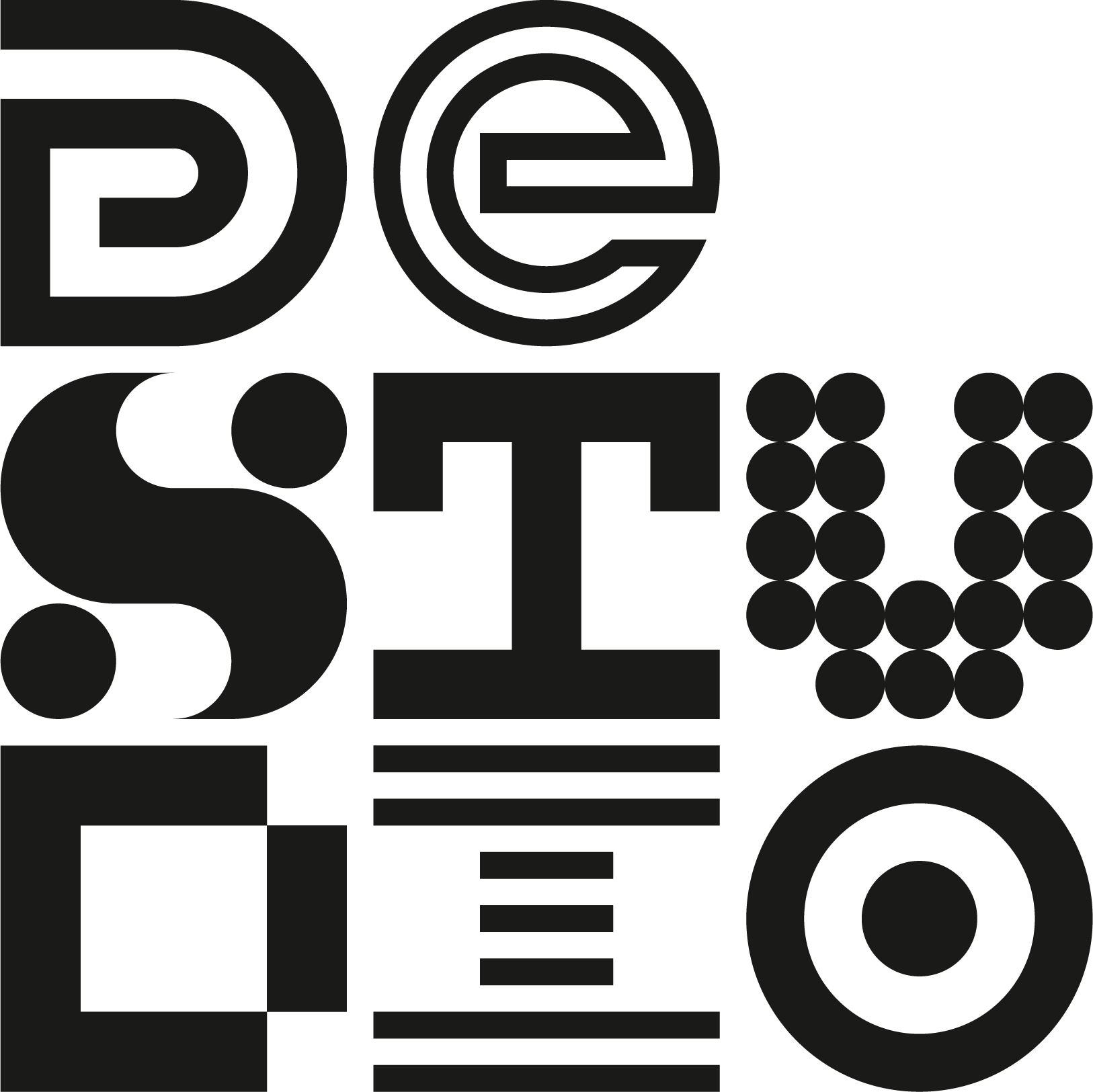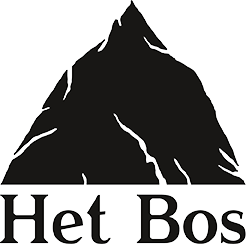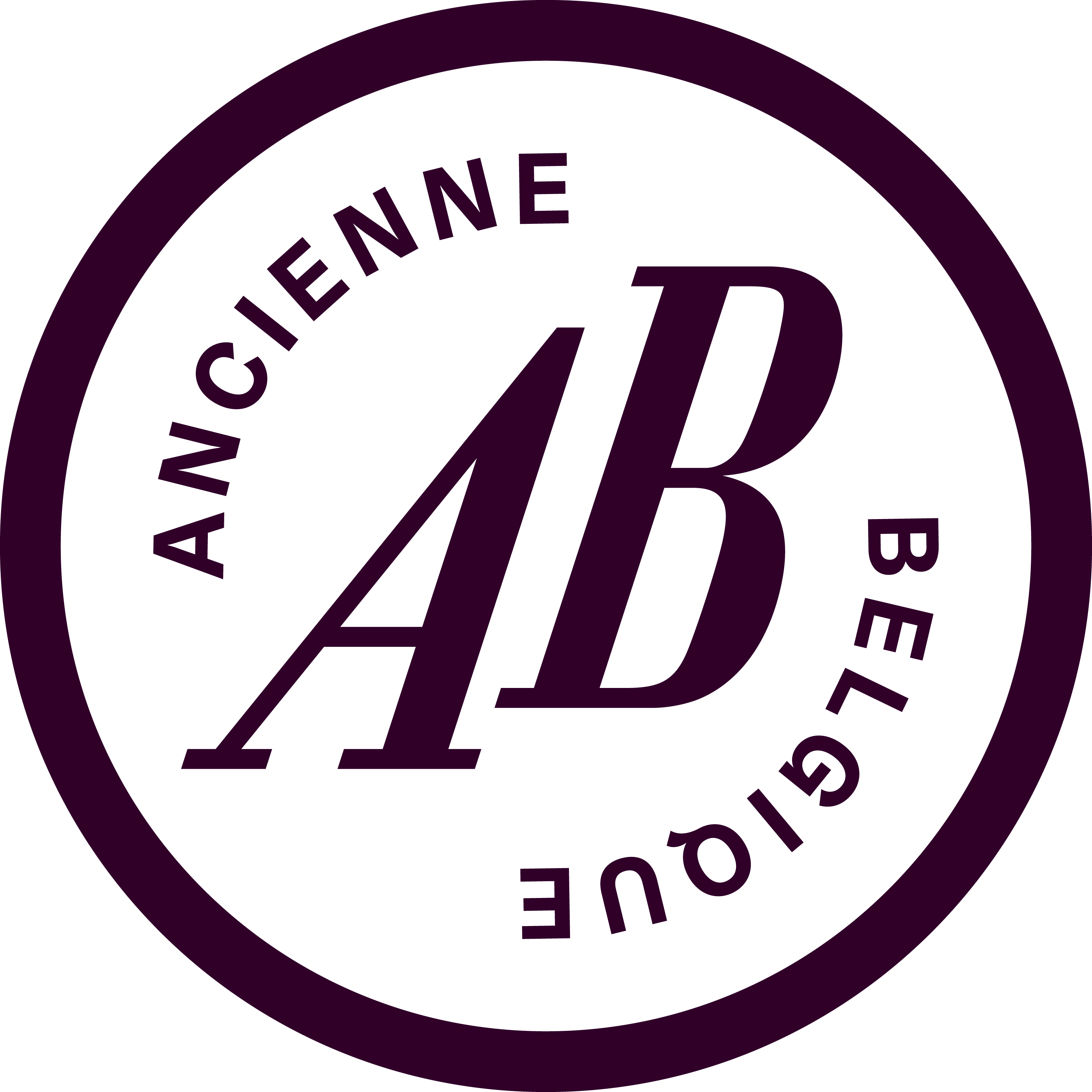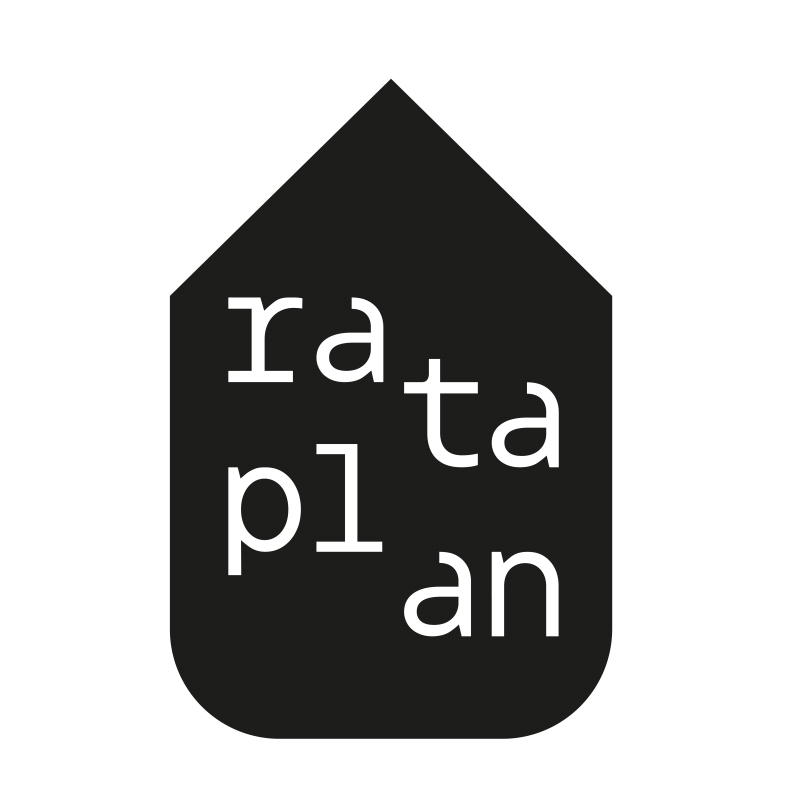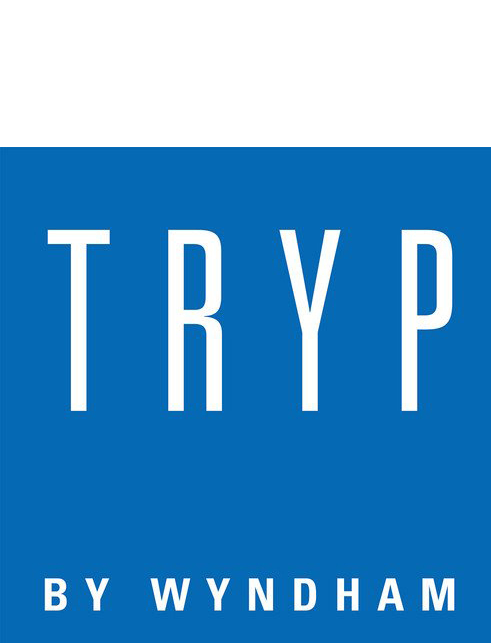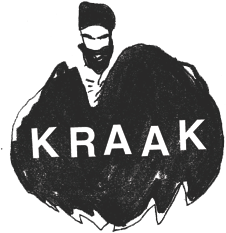HEAD to HEAD
gabby fluke-mogul
‘Head to Head’ is a series of interviews by Sound in Motion’s Joachim Ceulemans, talking in depth with artists appearing in the Oorstof concert series, the Visitations residencies, the Summer Bummer Festival or who have a release on the Dropa Disc label. These interviews will be used to promote the upcoming events and releases and who knows, maybe they will end up bundled and printed one day.
The New York based violinist, improviser, composer and educator gabby fluke-mogul is one of the most interesting artists to emerge in recent years, with two successive solo recordings on Relative Pitch and releases in collaboration with Joanna Mattrey, Nava Dunkelman, Ava Mendoza and Fred Lonberg-Holm. On Thursday the 2nd of November, gabby will perform together with the Dutch violist Ig Henneman for the very first time, a concert produced by Sound in Motion and Klankhaven at Rataplan.
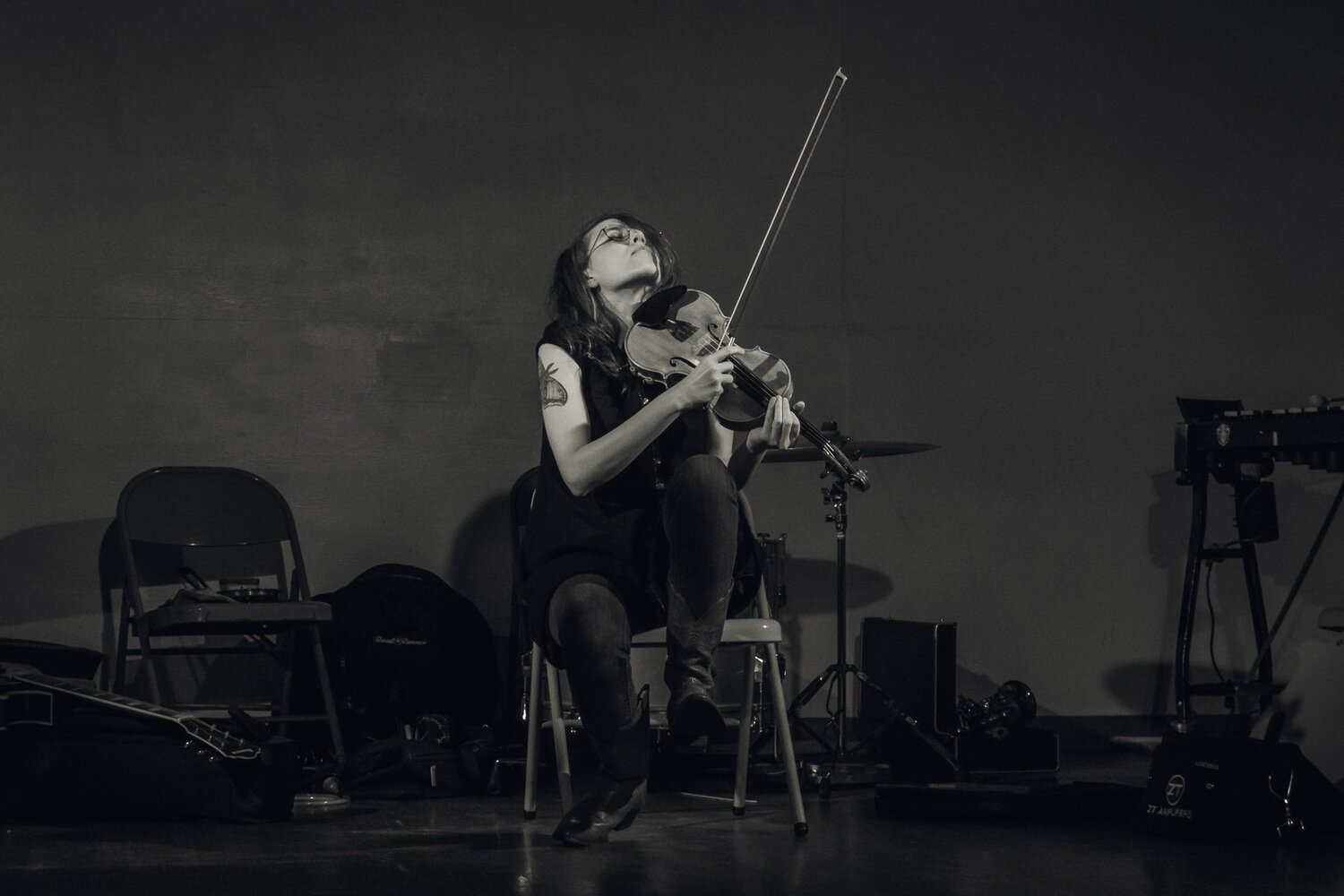
I saw that you played at The Stone in New York yesterday, with Fred Frith at his residency there (the residency was from Oct. 4 to 7, JC).
Yes, it was great. Actually the last time Fred was in New York was in 2019, before the pandemic. So it was a big reunion!
You have known him for quite a long time from when you were living on the West Coast. And you also studied with him?
I worked with Fred at Mills College from 2014 to 2016, and continued living in the Bay Area in California till 2020. So he and I played in different configurations through those years and beyond! I am deeply grateful.
You moved from the Bay Area to New York right at the start of the pandemic. Talk about bad timing! But I also realized that it was the period that, for me at least, you really came into prominence. You also released your first solo record ‘Threshold’ then. How do you look back on that time?
Well it was very intense for sure, to say the least. It was about 13 days in to moving and the pandemic began. I had traveled just with the suitcase and my violin and my amp, I had shipped a box of books but that was it. I still needed a mattress! That’s how I landed. I had a dear friend who got sick that week and knew many people who fell ill. I feel like music and the exchange of music and people making contact around their music and others in such a heightened time, was a lifeline to so many people, myself included. I played a lot. I would sit in my room and play. I know some people didn’t want to play or I didn’t feel like playing. During those times, I was very close with the violin. And it was good to have support from the community here in New York, including Kevin Riley of Relative Pitch Records who encouraged and invited me to record that solo record ‘Threshold’. I had been holding that music for many years, that type of solo practice and playing. That became the time to birth it, a very, very intense time. Everyone was so heavily connected through the Internet, exchanging music that way and getting to know people in perhaps a different way. It was a different type of intimacy because we could not be together in physical proximity.
Is the New York scene documented more or does it get more exposure than, for instance, the ones in the Bay Area or Chicago?
Yeah, I think so. Chicago though I find really interesting. There is a super warm community of people there. The documentation is different and perhaps also how people talk about what they’re doing. Their transit is a bit different. It’s just such a different landscape in Chicago and in the Bay. Time moves so different, I think, in all of these spaces. The Bay to me, moves very slowly. Chicago a bit quicker and here everything always goes pretty fast. But I do think documentation has a lot to do with the difference.
A year after ‘Threshold’ you released ‘Love Songs’, your second solo record. Is playing solo at the center of your artistic practice? Or is all the solo playing still a consequence of the pandemic because you simply couldn’t play with other people often?
You know, it’s a great question. I’ve been playing solo since around 2010. That’s kind of when I started cultivating a practice around my solo playing. when I was living in Massachusetts. It is a part of my life for sure and playing solo is super fascinating and challenging. To deal with oneself in that way. You’re not only just dealing with oneself in the present but past and future selves, you’re dealing with the space, you’re dealing with your body and the internal negotiations.
But of course, it’s different than if you’re playing with other people. Then you’re dealing with that and more and their own process, their timelines, the timeline that you’re also in together. Solo playing is something I really love but I also deeply enjoy playing with other people. In duos trios larger, big band situations. I dig it all (laughs).
‘Threshold’ was recorded that first summer, ‘Love Songs’ a year later. I think it also represents just how I was making contact with myself during those periods of time, perhaps the first times that I really gave myself the space to document, to capture certain aspects of my playing. What I felt like I needed to say, or process. I often remember having a conversation with Zeena Parkins a few years ago about recording. She said something so beautiful about how recording is like capturing a journal entry, a moment in time. It’s so special and perhaps also so frustrating at times in that way. I think both of these solo records represent that in a way. The pieces on ‘Threshold’ were recorded in two hours without stopping and they’re completely free. The way I was thinking about long form improvisation is very specific to my solo playing but also specific to that record. With ‘Love Songs’ I wanted something completely different. I wanted very short pieces, like miniatures. They are all compositions to support improvisation, some of them with also a very distinct melodic component. So although there are similarities in my playing, they are very different records and artifacts of time.
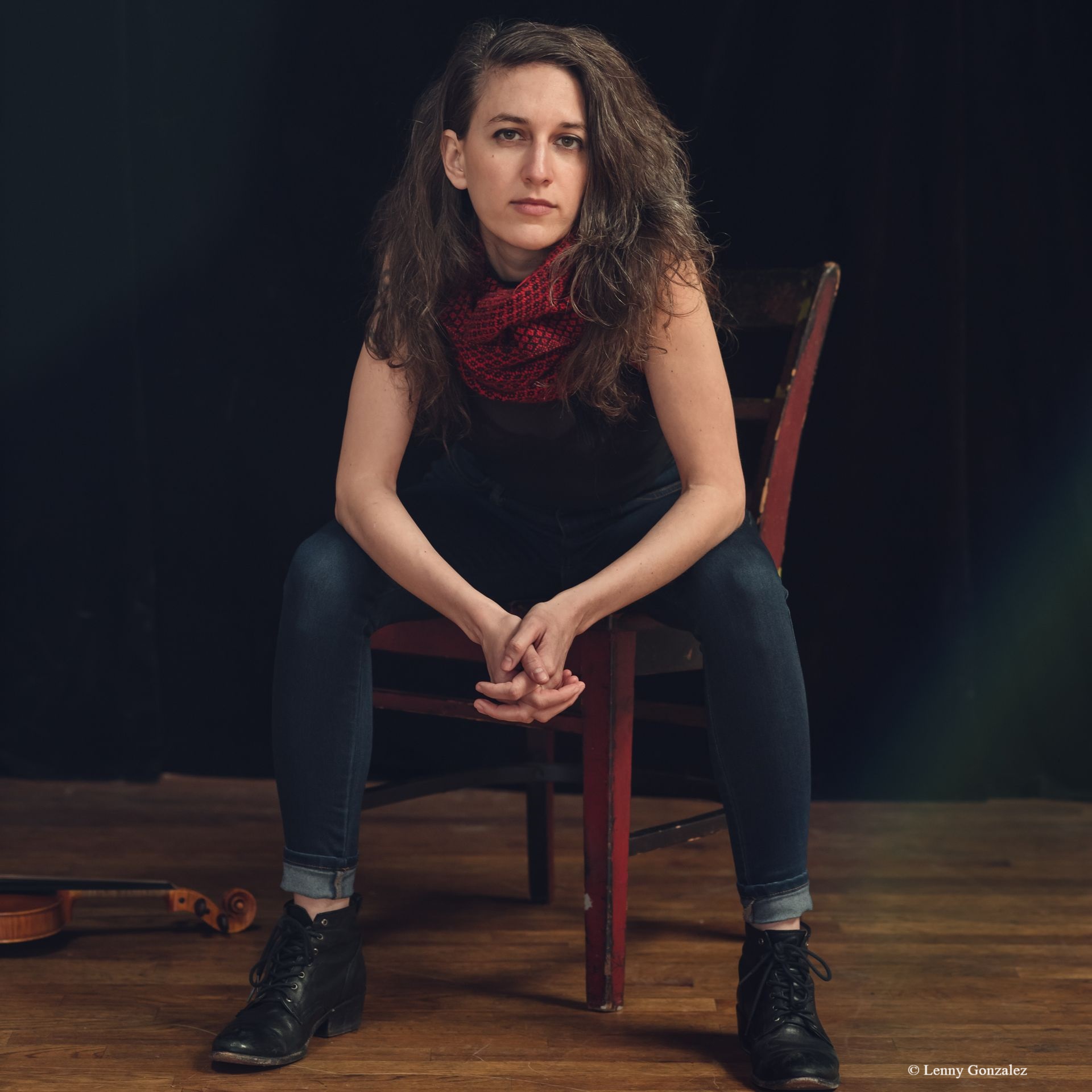
I don’t hear a lot of direct influences or references in your playing, but I’m pretty sure I heard a fragment of Ornette Coleman’s ‘Lonely Woman’ in one of your improvisations. He of course also played the violin from time to time and although I can’t really judge his skills on the instrument, I remember when I first heard him play the violin it was the craziest sound I had heard coming from the instrument. Do you consider him an influence?
Oh, big time! I love Ornette Coleman’s violin playing immensely. I love Ornette, period. His violin playing has always been inspiring to me. When Marty Ehrlich was my professor in college I remember him one day him turning to me and saying “gabby, it sounds like you’ve been listening to way too much Ornette.” He was joking but I got what he was talking about as well. Leroy Jenkins has been influential as well and Charlie Burnham, who I’ve had the deep privilege and pleasure to be playing with these days in New York also. So yeah, for violin players I would say or Ornette, Leroy and Charlie were all super impactful.
There many violinists and violists playing improvisation and experimental music these days, like Joanna Mattrey with whom you released a duo album, but I could probably name many other interesting players from the top of my head. I was wondering if they all come from more of less that same Coleman-Jenkins lineage.
Many people come into improvising through different entry points. I think for many string players they come in through more of a classical contemporary entry point where these different ways of sound making have been codified and more oriented towards Western notation. Which is a very different entry point to how I came into improvising and came into playing improvised music on the violin, which was primarily through black music, black American music, through that diaspora. But also Arab music and other musics that are outside of the western improvisation continuum. When I came into improvising, as a young person, I don’t think I had a word for what I was doing necessarily. I can think of a music teacher, Roland Jones, in Florida, an incredible stride and blues player. I would play with friends who would get together who were more interested in rock or punk stuff. But we would sit and we would just play, improvise. So I definitely come into these worlds a bit differently than some of the string players that I encounter these days. I also have to mention Pauline Oliveiros as an influence in my life, on sound making, listening, how I improvise on the instrument.
I read somewhere that you were already into Pauline Oliveiros at age seventeen of eighteen?
Totally, around the same time I found Fred Frith’s writing and that’s when I realized this life is a wild one (laughs). Hearing for example both Fred and Pauline talk about listening, being in relation to themselves and other musicians, that’s how I got really interested in how people make contact with each other and how that affects improvising together. I’m interested in how people meet each other – or not – in daily life and of course, musically. I was offered a lot of inspiration in reading about both of how they were thinking about these things as a younger person. And then, of course, their music as well.
In another interview, you were asked about your earliest memories of music and sound. You share a memory in a park close to the Everglades with another child and it’s beautiful how that memory is described as a mixture of different sensory impressions like the touch of the other child’s hand in yours, the sounds of the swamp and the footsteps. It may sound a bit silly but I feel like you’re music appeals to different senses as well. For instance, when you put a lot of pressure on your strings or rub the body with your fingers, I can almost “feel” that myself.
It’s interesting you bring up that, me talking about that memory, and also, this experience in your own body that you have. To me much of how I think about the body not only comes from out of my work with somatics or breath work or but my years of experience being with infants, toddlers and babies, people who are just coming into awareness of their bodies. I’ve worked in postpartum, in schools and in homes for many years. I think it’s incredible to spend time with newborns and with babies because to such a tiny person, everything is a sensory experience. I’m fascinated by accompanying someone of that time period through the world. I learned so much through young people in this way. This also connects to the memory that I expressed in that interview. I’m always interested in how we carry the young parts of ourselves with us as adults and however they manifest whether it’s a more wounded part or a more joyful, playful part or all of them. How these parts express themselves in life and in music, you know? With some of my favorite improvisers and favorite musicians when I’m either watching, witnessing them or I’m playing with them I can feel these younger parts or this certain playfulness or woundedness, or these very complex hues. Or also perhaps this connection to a larger force, a larger spirit or however you want to name that or just how change happens. To quote Octavia Butler: “God is change”.
That memory that I have is something that affects a lot of me. Because it’s a multi-part memory. It involves being with a care giver who did not necessarily protect me as a young person. It has to do with my love for being in nature in such a strange part of this country. But also, to be a young person, and I remember connecting with this other child and the sweetness that we had and the desire to hold hands and go off together and just feeling powerful as such a young body in the world. Children globally are powerless people in terms of their rights. I’m always in support of children’s voices and their capacities and wisdom. That memory kind of encapsulates my relationship to music and the power there, how deeply we carry it in the body and how translate these things through instruments. I know there’s something going on for me when I feel a disconnect between my body and the violin. Even if I’m playing truly composed music or if I’m playing songs.
In November you’re coming over to Europe and you will be playing a show in Antwerp with the Dutch violist Ig Henneman, who’s has been active in the international new music and improvisation scenes for decades. Will you be improvising together or have you made other plans?
I’m very excited to meet Ig because we’ve never met in person. I believe we will be improvising together. She generously has also arranged different configurations for us the following days so I’m very appreciative of this. I’ve been to Europe once before but this is kind of the first time I will tour, which is big for me. Ig had written me a few years ago and we appreciate each other’s playing and that’s how we connected. When I had the opportunity to travel, I wondered if she was around and interested to work together. So I was excited when she wrote me back enthusiastically. I’m curious about the music we will make and I’m looking forward to travelling with her and being there together and learning about her life and her music at this point of her life.
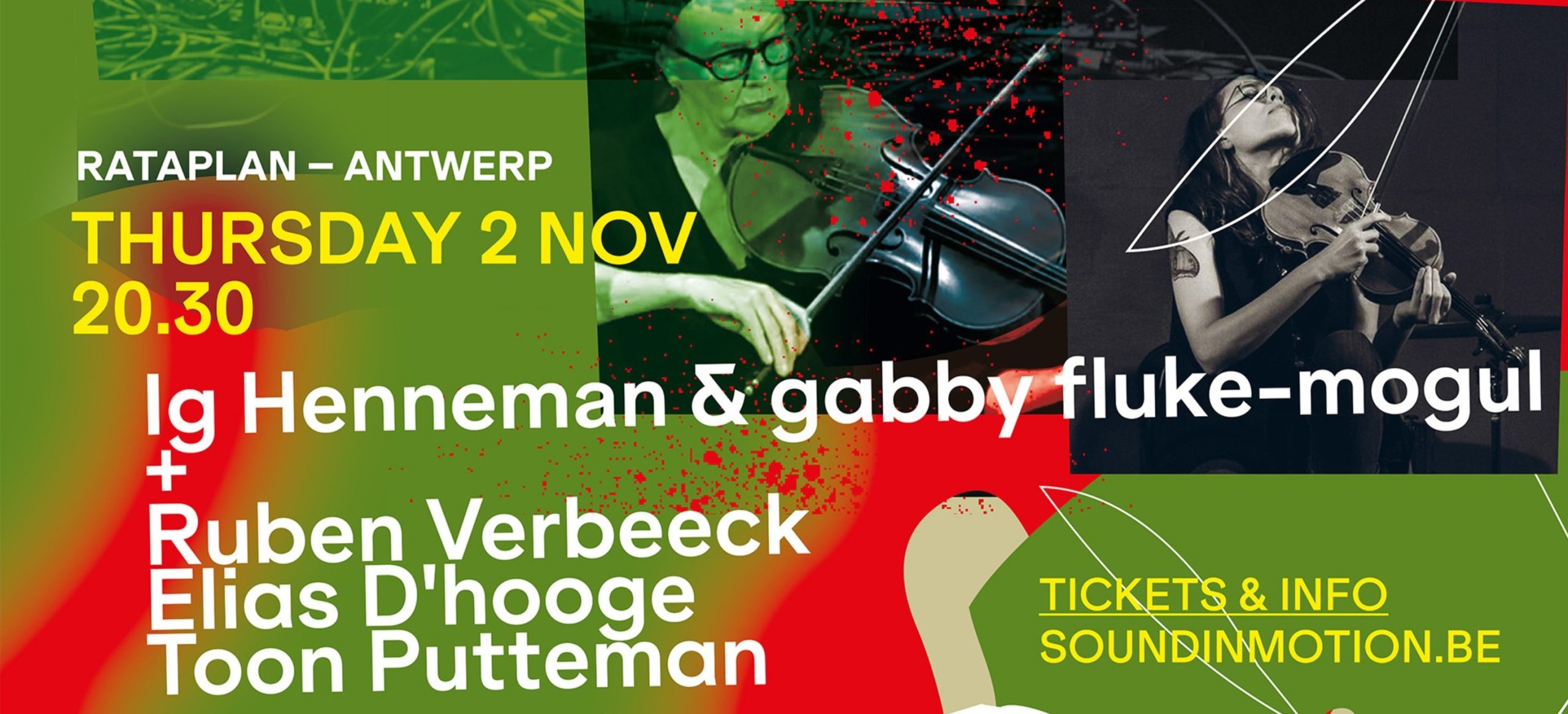
On your European tour you’ll play with many different people, from Ig en Ab Baars to Dave Rempis and Ava Mendoza. You have played quite a lot with Ava in the States, right?
Yes! Many wonderful musicians! Ava and I have a duo record coming out soon. We will play towards the beginning of the tour and the end so it’ll be a kind of a whirlwind and then a reconnection. I’m looking forward to seeing how that impacts the music as well.
It’s funny that you mentioned Octavia Butler earlier because for this interview series I will start asking people what they are reading and what they are listening to at the moment. I realized that I’ve learned to know a lot of writers, books and music just from reading interviews, liner notes or simply from dedications on a tracklist, like Ken Vandermark has done on so many of his albums. It was an album by Nicole Mitchell’s Black Eart Ensemble that introduced me to the writings of Octavia Butler. So, is there anything you would like to share regarding music or books?
Well, in my backpack that I carry with me right now, I have a book by adrienne maree brown, who is a black feminist, queer, writer, facilitator, doula, musician and just this really incredible force of nature. The book is called ‘Holding Change’ and is part of a series of books of hers called ‘Emergent Strategies’. ‘Holding Change’ is about facilitation and mediation, not dissimilar to the conversation earlier about my interest in how people make contact with one another and the relationality and how that impacts music improvising as well. adrienne maree brown is also influenced by Octavia Butler’s work so that’s a cool connection there. And for music… what have I been listening to? Sometimes I go through periods of time, especially living in New York, where I feel sometimes saturated by sound, that when I come home putting a record on or listening to something isn’t necessarily my first inclination. Particularly lately, I have some very dear people in my life who gave birth and have babies, so I’ve been spending some time with infants again after a couple years of not not doing that. My sonic space also has been a bit loud and a bit saturated that way. But I guess since Ava and I have been working on the duo record, I have been listening to a lot of our music which includes a tune by the Mississippi Mud Steppers called ‘Alma Waltz’ that has been in my head a lot. It’s a really sweet fiddle tune, very beautiful and yeah sometimes I if I bring my awareness to what’s playing in my head I realize, “oh, it’s ‘Alma Waltz’!”

